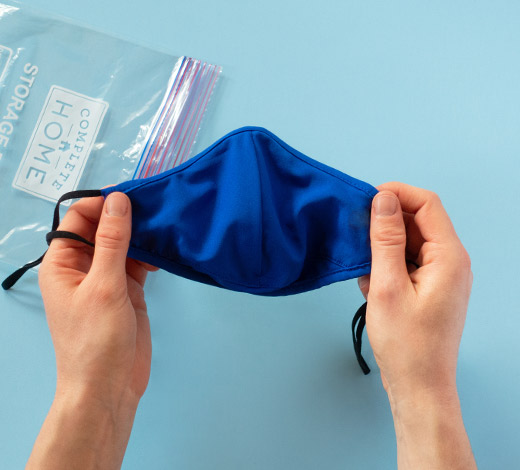If you’ve used hormonal birth control and felt it influenced your mood, you’re not alone. Many women believe that birth control plays a role in their feelings of depression. A few years back, the media was abuzz with claims from a study suggesting hormonal birth control use can trigger depression. But the relationship between the two isn’t so cut and dry. Plus, more recent research appears to question a possible link.
What is hormonal birth control?
Hormonal contraception uses hormones (estrogen and progestin) to prevent pregnancy. These methods work in several ways depending on the types of hormones that are used. They can stop ovulation (the release of an egg from the ovary) and alter the cervical mucus to keep sperm from entering the uterus. Some types can also thin the lining of the uterus, which makes it more difficult for an egg to attach to the uterine wall. Examples of hormonal birth control include the combination pill, progestin-only pill (mini pill), hormonal intrauterine device (IUD), implantable rod (implant), injections, contraceptive patch and vaginal ring.
What does the research say?
Hormonal birth control first became available in the 1960s. Since then, there has been controversy around its potential effects on mood. However, 50 years of use and research has failed to find conclusive answers. Birth control has even been shown to improve mood and depression in some women.
Then results from a large study of more than 1 million women on hormonal birth control made headlines in 2016. It showed a possible connection between hormonal birth control and depression. The study, published in JAMA Psychiatry, tracked adolescent and adult females (ages 15–34)
living in Denmark from 2000–2014. It found that those women who used hormonal birth control were also significantly more likely to take an antidepressant. Teens ages 15–19 years and those who used progestin-only forms of birth control had the highest risk of antidepressant use and a first diagnosis of depression. These results drew widespread media coverage. But it’s vital to note the limitations of this research. Results from this type of study do not show that birth control caused the depression. It’s possible that other factors may have contributed to the outcome.
In addition, new research appears to challenge this potential link. A 2018 systematic review of 26 studies over 30 years published in the journal Contraception found no clear association between progestin-only methods of hormonal contraception and depression. The analysis looked at
several forms of hormonal birth control, including the implant, IUD, injection and mini pill. Further studies are needed to better understand the relationship between birth control and depression.
What’s the final verdict?
At this time, there’s no consistent evidence that hormonal birth control causes depression in most women. But keep in mind that there are many different dose levels and everyone reacts to birth control differently and some women may experience changes in mood. All medications can have side effects, and birth control is no exception. Women need to discuss the benefits and risks of birth control methods with their health care providers.
If you believe your birth control is contributing to mood changes or if you have any other side effects, see your health care provider. They’ll listen to your concerns and discuss with you various treatment options. If you have depression or risk factors for depression, have a discussion with your provider about which birth control options are best for you.
By Jenilee Matz
Medical Writer, Clinical Programs & Quality Walgreen Co.
Sources
https://jamanetwork.com/journals/jamapsychiatry/article-abstract/2552796
https://www.health.harvard.edu/blog/can-hormonal-birth-control-trigger-depression-2016101710514
http://www.contraceptionjournal.org/article/S0010-7824(18)30032-5/pd
https://www.womenshealth.gov/a-z-topics/birth-control-methods
https://medlineplus.gov/druginfo/meds/a601050.html
https://www.womenshealth.gov/a-z-topics/depression-during-and-after-pregnancy
https://medlineplus.gov/druginfo/meds/a601050.html
https://www.nichd.nih.gov/health/topics/contraception/conditioninfo/types


